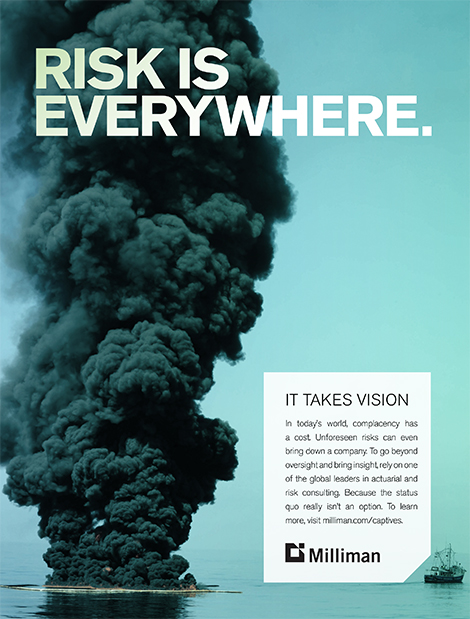FiscalReps
Although the Panama Papers brought focus to the appropriate use of a captive, Mike Stalley of FiscalReps suggests the leak could benefit the industry
Since the release of the Panama Papers, has the scrutiny of captives increased internally, externally, or both?
The awareness of the use of complex offshore financial structures in general has certainly increased, although not necessarily direct scrutiny of captives.
With greater transparency demanded by many stakeholders, and with increased scrutiny from the media, it’s probably inevitable that the appropriate use of captives, as part of an overall risk management strategy, will be considered by multinational corporations that wish to be more transparent in their operations and structure.
Conversely, the additional scrutiny could benefit the captive industry as it presents an opportunity to sell the use of a captive structure as a transparent, non-aggressive risk transfer mechanism.
The majority of captives are formed for risk management reasons, rather than for tax purposes, so providers of captive solutions can demonstrate the value of captives to the wider business world.
What concerns, if any, have the Panama Papers raised among your clients?
Most public companies that own captives are already required to make significant disclosures about all their holdings, this is so the ability to ‘hide’ assets offshore is already significantly reduced.
What bearing does this leak have on captives’ tax planning? What are you recommending?
These leaks have certainly brought the subject of aggressive tax planning more into the spotlight. At FiscalReps, we do not promote aggressive tax planning, we focus on achieving and maintaining tax compliance for clients. Tax is a consequence of doing business—it should always be considered in any commercial arrangements, but making arrangements primarily for tax reasons is, in my opinion, never a wise approach.
Interestingly, topics such as base erosion and profit shifting (BEPS) regulation and increasing activity from many tax authorities are already focusing the minds of many multinational organisations on tax compliance. The release of the Panama Papers is really another push in that direction.
From a transfer pricing perspective, the simplest argument for a tax authority to assert is that the premium being charged by the captive to its insured party is not at arm’s length, by reference to premiums paid for similar risks in the open market.
That, in essence, is the transfer pricing argument—is the premium being charged artificially inflated or deflated, either in order to shift profits to a lower tax jurisdiction or to shift costs to a higher tax jurisdiction?
In my opinion, the strongest defence is for a captive to demonstrate that the risks it is insuring are non-typical by their nature, with equivalent coverages unavailable in the open market.
Placing a vanilla property damage, business interruption or general liability policy through the captive may not meet that test adequately.
Secondly, designing a risk transfer programme that encourages the right risk behaviours from participating insureds, with an insurance policy being an element of the wider programme, will create a contract of insurance that is not comparable with those available on the open market.
The greater the differential between the bespoke captive insurance policy and the equivalent vanilla open market policy, the easier it is to demonstrate that the captive premium is fair for the risk being insured, and not artificially set based on equivalent open market coverages.
We have a number of clients who are very creative in their use of captives and the insurance coverages they write, with the key benefits being better risk management, lower costs to the business, and the alignment of corporate behaviours across the business.
Looking to the future, how will corporates weigh their reputations and contentious tax issues?
The reputational value of a business is very hard to assess, but it’s easy to lose quickly with the wrong headline regarding a corporate’s tax affairs.
Within our client base we have seen a real desire to become fully compliant and transparent when it comes to taxes—a drive to be that good corporate citizen and pay the right amounts of tax to the right tax authorities.
Making decisions and implementing aggressive tax planning strategies, I believe, will be subject to increasing internal scrutiny before final decisions are made, with the need to manage reputational risk being one of the key factors to consider.





